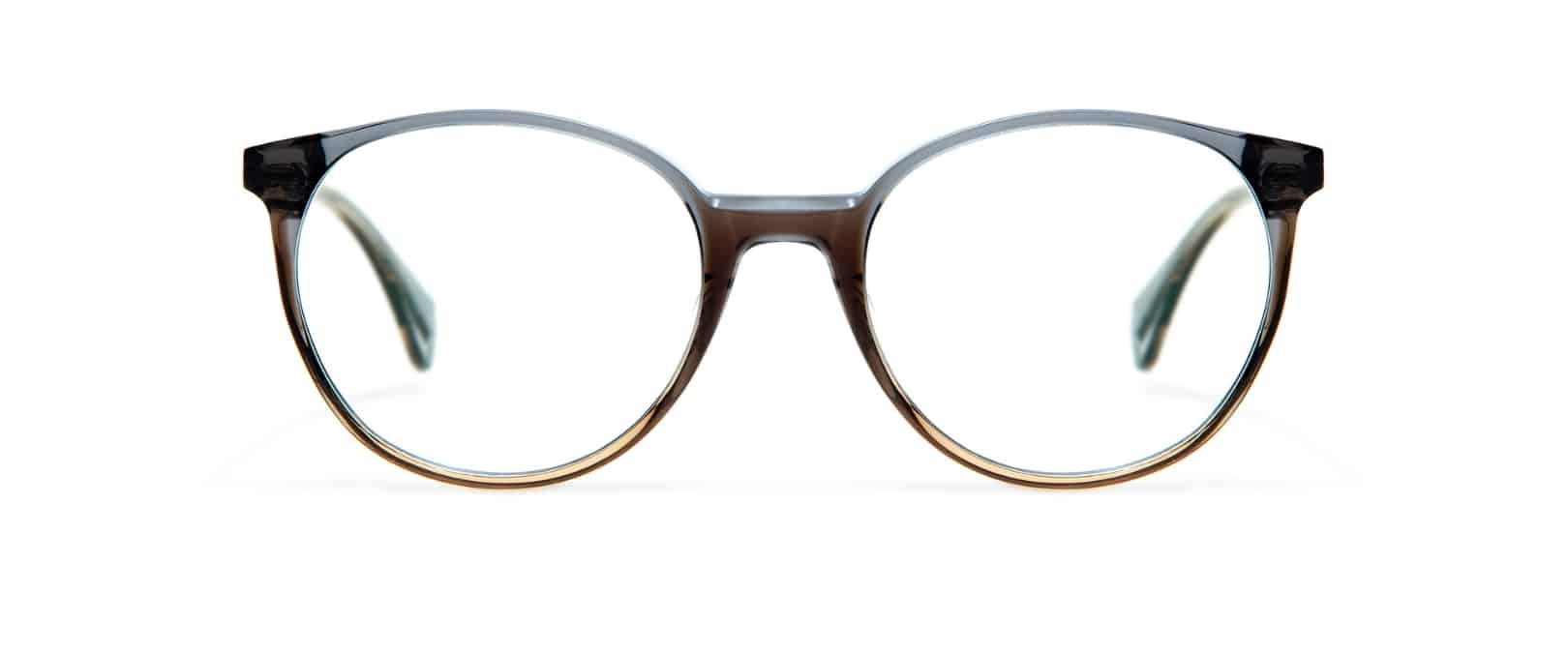In trials using mice, a new class of drugs has proven highly effective at helping to reduce the abnormal blood vessels responsible for vision loss associated with AMD.
“We may have found an optimized treatment for macular degeneration,” said senior author of the study published in the Journal of Clinical Investigation, Sai Chavala.
MDM2 inhibitors are the source of this cautious enthusiasm. While anti-VEGF, presently the most widespread treatment, works by targeting the growth factors that lead to the formation of leaky blood vessels, MDM2 inhibitors attack the blood vessels directly, causing them to regress. This could lead to more long-lasting results.
The drug activates a protein called p53, a regulator that determines if a cell lives or dies. This protein initiates the cell death process in the abnormal blood vessels. Another technique, low-dose radiation, also works to increase p53 protein, but it causes DNA damage, which MDM2 doesn’t do.
“The idea is we’d like to have a long-lasting treatment so patients wouldn’t have to receive as many injections,” said Chavala. “That would reduce their overall risk of eye infections, and also potentially lower the economic burden of this condition by reducing treatment costs.”
Source:






